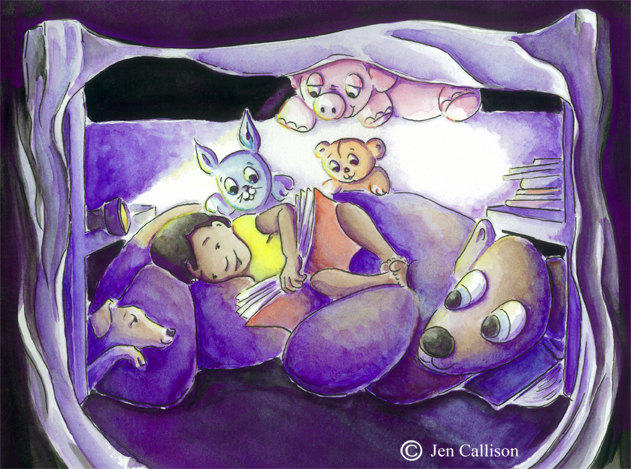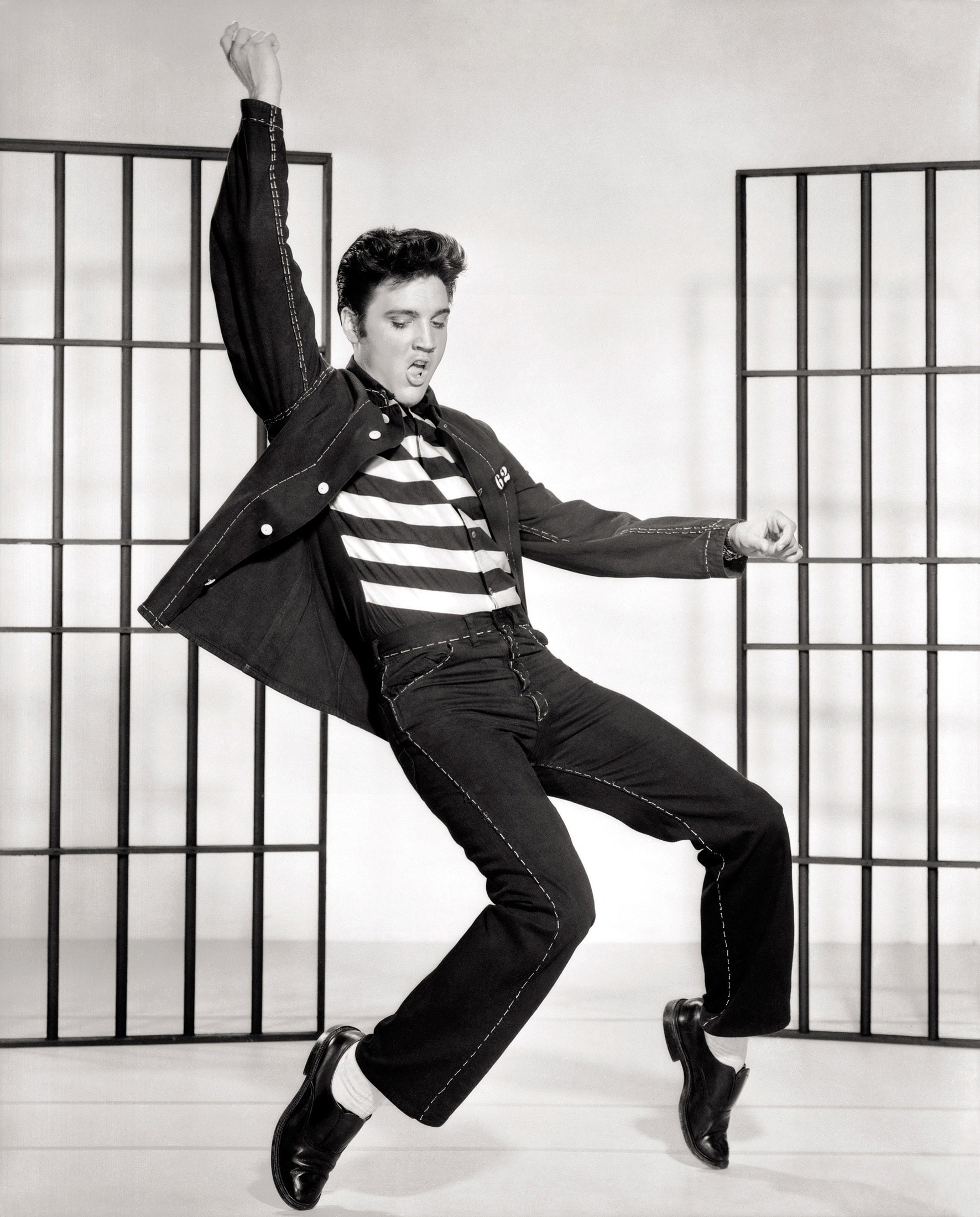(Everything I need to know about rejection, I learned from being an appellate public defender.)
……………………………………………………………………………………………………………………
I’m up to 26 rejections from agents and publishers. I think that’s a respectable number. But it’s not enough.
Rejections sting, of course … some more than others. Like the batch of three I got within a week last summer. Ouch. Or the personalized ones that felt like I was SO close. Or the ones that never responded at all. Yeah, okay. They all hurt. But they’re a necessary part of the process.
And lucky for me, I’ve got the tools I need to get through it … thanks to my six years as an appellate public defender.

As an appellate PD, I represented men and women in their felony appeals. They’d already been convicted and incarcerated. My job was to comb through their trial records, look for errors, and then write a brief trying to convince the Court of Appeals to vacate their convictions or reverse and send the case back for a do-over. Needless to say, I didn’t win often – none of us criminal appellate attorneys did.
Day in and day out, we read records, researched issues, wrote briefs, visited prisons, attended conferences, worked on our craft. We worked long hours for low pay. Sometimes we read about terrible things our clients had done, or terrible things that had been done to them. Every case was an uphill battle. We were occasionally unappreciated by our clients, and sometimes outright despised. Strangers on the streets wondered aloud about how we could represent “those people.” Sometimes friends and family did, too. At times, it was heartbreaking and exhausting work.
Yet most days … I loved my job.
I got to help people. I got to listen to them and make them feel human. I got to research interesting legal issues. I got to challenge the system every dang day. I got to challenge myself. I got to defend my clients AND the Constitution. I got to help shape the law.
Here are five secrets I learned about how deal with rejection day in and day out, and still keep your spirits up:
- #1 Celebrate the small wins (and keep track of them)
If you looked at how many outright wins I had in my six years as a PD (i.e., vacated or reversed convictions), my success rate was about 13%. But, if you added in wins on other “smaller” types of appeals (sentence appeals, probation revocation appeals, etc.), my success rate went up to 18%. Include partial wins (i.e., conviction affirmed, but case remanded for resentencing, two convictions merged, or sentence reduced), my success rate was about 30%.

I also found wins within my losses. If the court agreed with me that an error occurred, I considered that a personal win, even if the court said the error was harmless. If the State conceded something – anything? WIN! I lost in the Court of Appeals but the Colorado Supreme Court agreed to hear the case? WIN! I raised such an interesting/novel issue that the Court of Appeals decided to publish their opinion saying I lost? You know what? That’s a win. Count all those, and my success rate was probably more like 56%.
See what I did there?
I celebrated every success, big or small, and I kept track of them. For bigger victories, I followed office tradition and bought everyone donuts. For smaller victories, I celebrated by telling my husband or a good friend, and I noted them on my case list. If a client sent me a thank you letter or a card, I pinned it to my bulletin board. Celebrating the small victories along the way helped me keep my spirits up. And keeping track of them gave me something positive to look back on when I suffered an especially painful loss (or series of losses).
As a writer, I do the same thing.
If I reach my goal of writing one picture book a month and revising another, I go onto the 12×12 forum, request my virtual badges, and celebrate that success! If one of my critique partners tells me my feedback was helpful, I celebrate that, too. If a critique partner loves my story – WIN! If I’m brave enough to talk to an agent or editor when we find ourselves seated near each other at a conference – that’s a win, guys. I find a way to breathe new life into a dying manuscript – WIN! I get another follower on Twitter or my blog – WIN! Someone likes or comments on a post – even better! I make a new friend at a writing conference – HUGE WIN! **I get a mentorship with Anika – ENORMOUS WIN!**
And just like when I was a PD, the losses can hold hidden wins, too. For example, a personalized rejection letter is definitely a win. The fact that an agent took time out of her busy day to tell me what she liked (and didn’t like) about my manuscript means I must be doing something right. And – BONUS – it’s super helpful! So I save the email to a folder, tell someone about it, and make a note of it on my submissions list. Sometimes I even do a little happy dance.
We need to celebrate our successes, big and small. Take joy in them! Let them fuel us through the hard times. And keep track of them.
Last year, I participated in Julie Hedlund’s 12 Days of Christmas for Writers. She had us write down all of our successes from the previous year. It was SO surprising and encouraging to look back and see everything that I had accomplished in one year, just one small step at a time. Imagine if you kept track of all your tiny wins along the way. By Christmas, I bet you’d have a “nice list” as long as Santa’s.

- #2 Engage in self-care
Sometimes, no matter how much you celebrate the small wins, the big losses will get you down. That’s when you need to engage in some self-care.
When I was a PD, this looked like taking a vacation. Or maybe a bubble bath. Reading a good book. Going out for coffee with a friend. Playing with my kids.
The same things work for me now, when rejections start getting me down. And luckily, I have even more options available now. As a PD, I couldn’t just stop filing briefs for a couple of months. But as a writer I can take a break from submitting my stories. I can focus on why I started writing in the first place (because I love it). I can write something new – just for me. Just for fun. I can find joy in the creative process, without worrying about whether anyone else is going to like the end product.

I can also do something non-writing related. (And I have a whole lot more options in that department now, too, since we moved to the mountains!) I can go for a bike ride along the river, relax at the hot springs pool, or take my kids to the park and watch them throw stones into the water.
A couple of weeks ago, I got a rejection right before a date night with my husband. The kids were with grandma and grandpa. It was perfect timing. What better way to move on then to go river rafting with my best friend, soak in the hot springs, and then get a good night’s sleep?
When rejections get you down, it’s okay to take a break and do something that makes you happy. Get outside, snuggle a baby, pet a kitten, drink hot chocolate with extra whipped cream – whatever it takes to pick yourself up and get a smile back on your face.

- #3 Get some perspective
You may think my success rate as a PD was pretty abysmal, but I was actually doing really well – around the same or better than average for a criminal appellate attorney. And it helped to remember that.
It’s all a matter of perspective.
When you’re feeling down about your 15 or 25 or 105 rejections, look up statistics about how many times other authors (successful authors) had their manuscripts rejected before they found a publishing home for them. It will put everything in perspective and give you hope. For example, check out this article about Dr. Seuss’s struggle to publish his first book. Or this list of the most rejected (and ultimately successful) books of all time.
Even better, talk to other writers who are experiencing the same thing.
Which brings me to….
- #4 Find your community
In the PD’s office, we had weekly brainstorming groups, an office meeting where big wins were announced and celebrated, a tradition of buying donuts for the office when we won, happy hours, and gripe sessions. We had inside jokes and goofy sticky note wars about whether the bun coffee maker or the Keurig was superior. Most importantly, I had one good friend in the office who was my go-to person if I needed to laugh, vent, or cry. The hardest thing about leaving the public defenders was leaving that community. That identity. We fought in the trenches together. We were on the same team.
I used to imagine that writing was a pretty solitary profession. I basically had this movie-born image of a writer living in a lighthouse off the coast of Nantucket, plucking away at a typewriter day and night, and rowing to town for groceries and gossip.
Thankfully I’ve discovered I was so wrong!
(First of all, lighthouses on Nantucket are actually on the island – not off the coast – along with a thriving town with a population of 11,229 people.) But more importantly for our purposes, writing doesn’t have to be a solitary profession.
Since I started writing Kidlit, I’ve discovered a beautiful, thriving community of writers – in my regional SCBWI chapter, in my local community, and online. The Kidlit writers I’ve met are kind, fun (and funny), generous with their time and talents, full of helpful knowledge, great at critiquing manuscripts, and they are ready to cheer you on when you succeed and give you a hug when you fail.
They’ll help you celebrate the small victories, remind you engage in self-care, and give you some perspective. Find them.
You need them to help you …
- #5 Stay in the game

As a PD, I didn’t put all my proverbial eggs in one basket. I was always learning, always looking for new issues to raise, or new ways to raise them. On the other hand, if I lost an issue, I didn’t automatically throw it out the window either. I kept raising it (with revisions as needed): Different case, different facts, different panel of judges … Different result? You never know. You lose some. You win some. The longer I did it, the easier that was to accept. I built up a tougher skin. And I didn’t stop winning cases until I quit (or several months afterward, actually, since the appellate process is about as fast as the publishing industry).
The same thing applies to writing and publication. The path to publication seems to be a mysterious mix of talent, hard work, good luck, connections, and timing. Keep learning about the craft and writing new stories. If a story gets rejected, don’t throw it out the window. Apply what you’ve learned and revise it as needed. But also, keep submitting. Different agent, different publisher, different market this year … Different result? You never know.
Remember that manuscript I told you about that got rejected by a publisher a couple of weeks ago? That same manuscript helped me get my mentorship with Anika this week. I’m sure it will receive more rejections before it *hopefully* finds a publishing home.
You lose some. You win some. But you can’t win unless you try. And the longer you try, the better your chances are. You’ll have more knowledge, more experience, more skills, and a better network. So keep writing, keep revising, and keep submitting.
As for me, I think twenty-six rejections is a respectable number. But I’m shooting for more. I’m shooting for as many as it takes.




Excellent excellent article. Thank you, Rachel, no matter how long a writer or illustrator has “been in this game,” rejections are part of it. Your advice is something I need to hear – and read – frequently. Celebrate and remember the goals achieved … learn from the disappointments … continue to build your writing community. And read good books, they are an inspiration.
LikeLiked by 1 person
Thank you, Nancy. The rejections never end do they? I have to remind myself of these things frequently, too. Which was part of the reason I wrote it …. something to look back on the next time I need a reminder. I’m glad to know it spoke to you, too. And I’m very grateful to have you as part of my writing community. 🙂
LikeLike
A perfect post that writers need to read. Behind every success are multiple rejections and failures – we just don’t see them in other writers from the outside looking in. Great advice too using your professional experience to guide you in the writing world – and that is some impressive work you do. Congrats on the selection as well!
LikeLike
Thank you! I agree. Rejection is something all writers face – even the successful ones continue to deal with rejection on a regular basis.
LikeLiked by 1 person
Perfectly written!
LikeLiked by 1 person